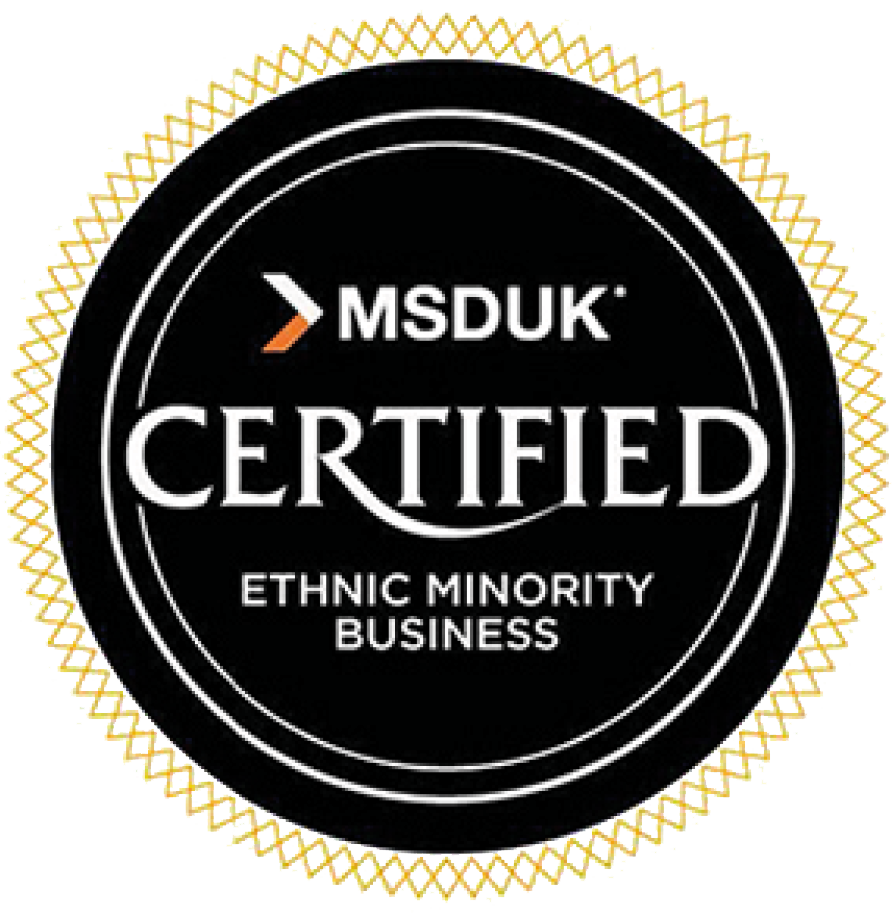The Challenge
This large US based organization had grown through acquisition, therefore employees have experienced large amounts of internal change. This was especially true for team and project managers of the acquired businesses who were supporting their staff during times of transition, while also experiencing their own change when it came to dealing with new management and shifts in their working culture.
Conscious of their lack of racial diversity (especially at leadership level), the client wanted to understand what challenges to progression existed for ethnically diverse staff in their US and European offices following all this change. Their specific focus was the management level, who not only represented their next generation of senior leaders but were also key to
the progression of more junior diverse talent up through the organization.
Aware that some of the challenges may be arising due to communication issues or mistrust between managers and senior leaders they wanted an independent organization to collect the information and report back findings and recommendations.
The Solutions
We conducted 25 virtual focus groups for this organization. Twenty of these were conducted with managers in the larger US offices, with a further five conducted in Europe. The European focus groups were conducted in the UK, France and Germany.
Although nearly all managers spoke English, we conducted focus groups in French and German for those offices to ensure that participants were comfortable in expressing their opinions and able to do so without fear of misunderstanding. Our facilitators were fully bilingual with a diversity and inclusion background to ensure that any important nuance wasn’t lost when reporting findings back into English.
Amongst the key findings, our report highlighted very different challenges for ethnically diverse employees between both US and European offices.
In the US, managers felt that sufficient focus was not being placed on people development meaning that managers were not putting in the time to develop their next generation of diverse leaders. Some also admitted not encouraging talented employees to progress for fear of losing them from their teams.
In the European offices the key issue was a culture clash between a US imposed cultural and operational approach, and the local office culture making it more challenging for diverse talent in those offices to progress into more senior roles.
We made key recommendations for each country to address their specific issues.



